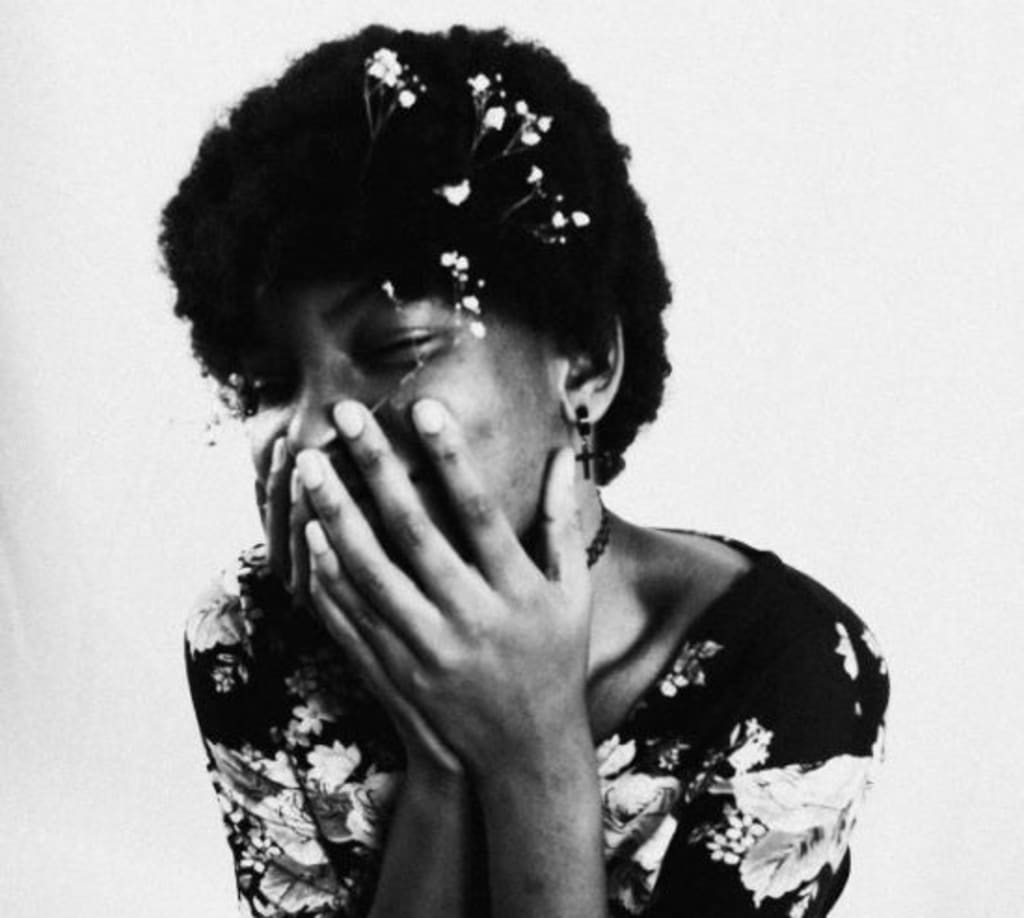Laughter Is the Best Medicine — Until the Joke Becomes a Medical Problem
The 1962 Laughter Epidemic of Tanganyika

You might be giggling after reading the headline. Laughter? Surely nothing terrible can happen when you laugh? And an epidemic? That sounds a little extreme, especially given the realities of living in a pandemic.
Laughter and its contagious nature is a universal experience. We've all experienced the silliness of laughing because someone else has the giggles. No matter how cross you are, the sight of someone else in a fit of giggles eventually turns your frown into a smile. You can't help it.
Laughter can override bad feelings. You can't feel unhappy or angry when laughing —it's not how the human brain wiring works. Laughing helps with our stress levels, eases anxiety, and helps elevate our mood. But it's not just mood elevation. There are long-term benefits that come from laughter. These include;
- boosting your immune system
- pain relief
- improving self-esteem.
There's a reason why they say laughter is the best medicine.
Usually, shared laughter is a good feeling. Generally speaking, laughter is good for the soul.
Hysterical laughter, not so much.
Like the giggles, hysterical laughter can transfer from one person to another.
Tanganyika 1962
The laughter soon got out of hand at a girl's boarding school in Kashasha. An innocent giggle between friends turned viral. The laughter spread throughout the school. Initially, adults appeared unaffected, but the constant disruption made teaching difficult. So the staff sent the girls home.
At home, the girls spread laughter throughout their communities. Thousands of people were affected, and the schools in the area needed to close to combat the outbreak.
"One person laughs, then another person laughs, then it spreads like an avalanche. So when parents picked up their children from school, they started laughing. Then it spread to other villages, and so on." - Christian Hempelmann, Texas A&M University.
Surely a laughter epidemic couldn't have lasted for long?
Even the best giggles have to end. Eventually, your ribs ache from so much laughing, and you need to stop and breathe. The people caught up in the hysteria in 1962 experienced laughter attacks. They weren't laughing the entire duration of the epidemic. Instead, the hysteria would pass in a repeating cycle from one person to another. A bit like the giggles — just when you think it's over, something tiny sets you off again.
The laughing attacks repeated and spread throughout the Tanganyika population. Depending on which report you read, the laughter epidemic lasted between six months to a year a half. But records of the epidemic weren't accurately documented. We'll probably never know the full duration of the epidemic, nor will we know how many people were affected.
Mass Psychogenic Illness (MPI)
Part anxiety, part mass hysteria, the symptoms of the laughing epidemic manifested in several ways. Unlike regular laughter, when an attack occurred, it caused incapacitating symptoms. These included fainting, rashes, along with crying and screaming attacks. Laughter also gives the respiratory system a good workout. Consequently, there are also many reports of respiratory problems.
The laughter in 1962 resulted from mass hysteria. Mass Hysteria is now known as Mass Psychogenic Illness (MPI). Usually, MPI occurs when those affected have shared stress.
What Caused Tanganyika's Stress?
Tanganyika recently gained independence. As a nation, they were in uncharted waters. Within the wider population, there was a great deal of uncertainty. For the children, the British-run schools had unfamiliar routines. The school-age children now faced different expectations.
In both cases, the Tanganyika people felt powerless. This pressure became the inciting incident.
If nothing else, the Tanganyika Laughing Epidemic provides new meaning to the phrase "If you don't laugh about it, you'll cry."
~~~
Sandi Parsons is an award-winning school librarian with over 20 years experience working in educational libraries. She enjoys trawling through records to uncover interesting stories. She lives with her favorite husband and two problem puppies.
This article was first published in Introspection, Exposition
About the Creator
Sandi Parsons
Sandi Parsons lives and breathes stories as a reader, writer, and storyteller. Subscribe to my newsletter & receive my free ebook The Last Walk → https://bit.ly/3cGvsPB






Comments
There are no comments for this story
Be the first to respond and start the conversation.